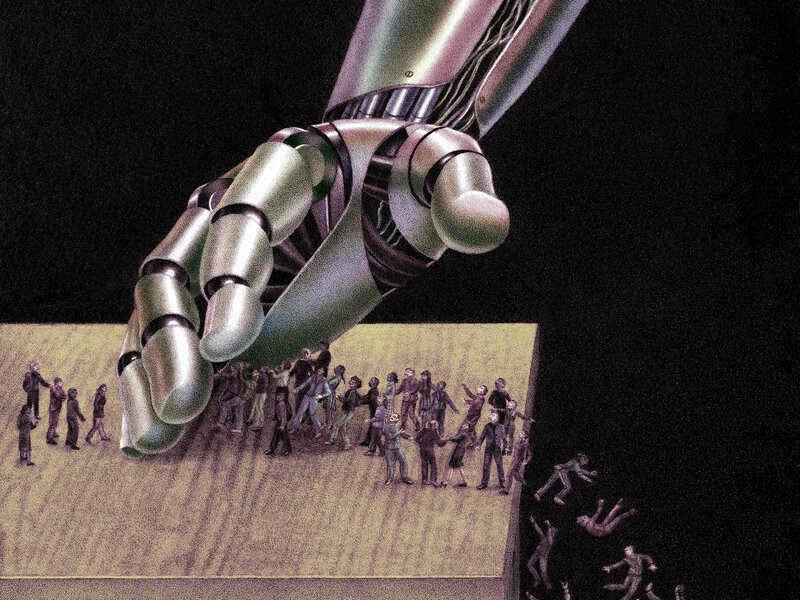
In a surprising twist to the ongoing AI revolution, experts now suggest that CEOs and top executives, not just entry-level workers, could see their positions automated by artificial intelligence systems.
According to Professor Phoebe Moore from the University of Essex Business School, the post-pandemic workplace has already shown that many employees can function effectively without constant human supervision. This shift in workplace dynamics opens the door for AI management systems.
Anant Agarwal, former director of MIT's Computer Science and AI Lab, estimates that approximately 80 percent of typical CEO responsibilities could be handled by AI systems. Given that executive compensation often represents a substantial cost for companies, the financial incentive to automate these roles is compelling.
The core argument for AI executives centers on their potential for enhanced decision-making capabilities. AI systems can process vast amounts of data and make objective decisions without human biases or emotional attachments that might cloud judgment. However, questions remain about AI's ability to provide genuine leadership and inspire human workers.
Business leaders themselves appear increasingly aware of this possibility. A recent survey by AND Digital revealed that 43 percent of executives believe AI could replace their positions, while 45 percent already use tools like ChatGPT for major business decisions.
Some companies are already experimenting with AI leadership. Polish beverage manufacturer Dictador has appointed a humanoid robot named Mika as its "experimental CEO," marking one of the first real-world tests of AI executive leadership.
However, experts caution that current AI systems still have limitations and may perpetuate existing biases found in their training data. The transition to AI leadership also raises questions about maintaining company culture and human elements in corporate decision-making.
As the technology continues to evolve, the debate over AI executives highlights a broader trend: no position, regardless of seniority, appears entirely immune to automation in the modern workplace.